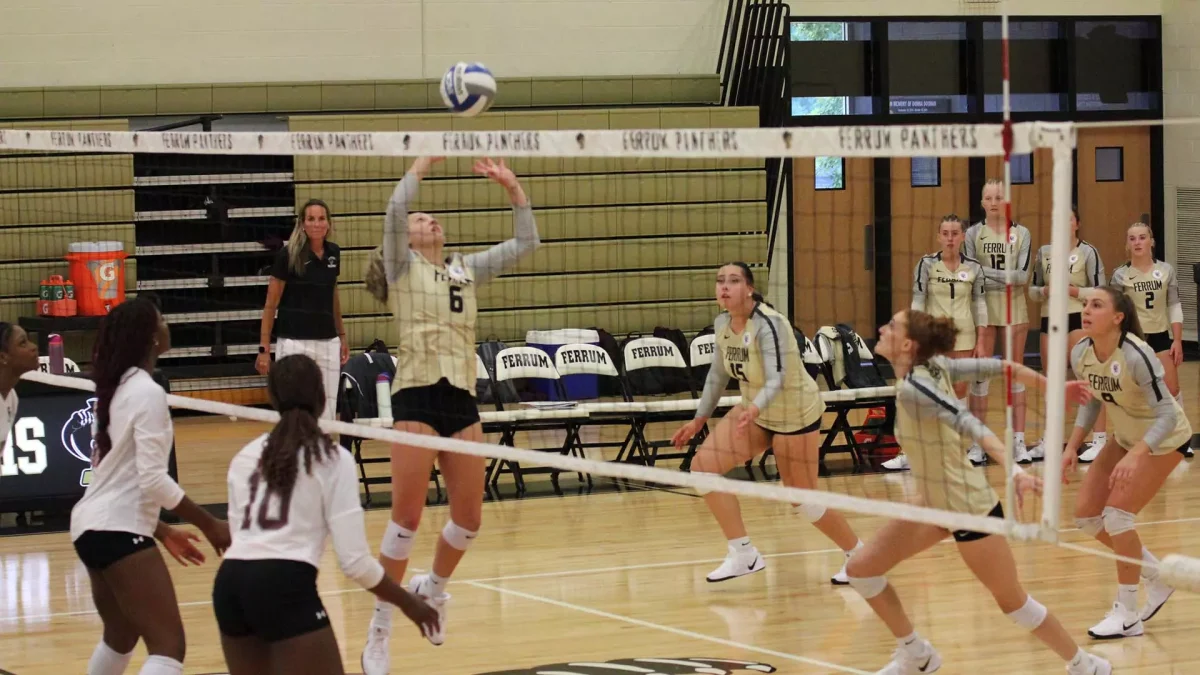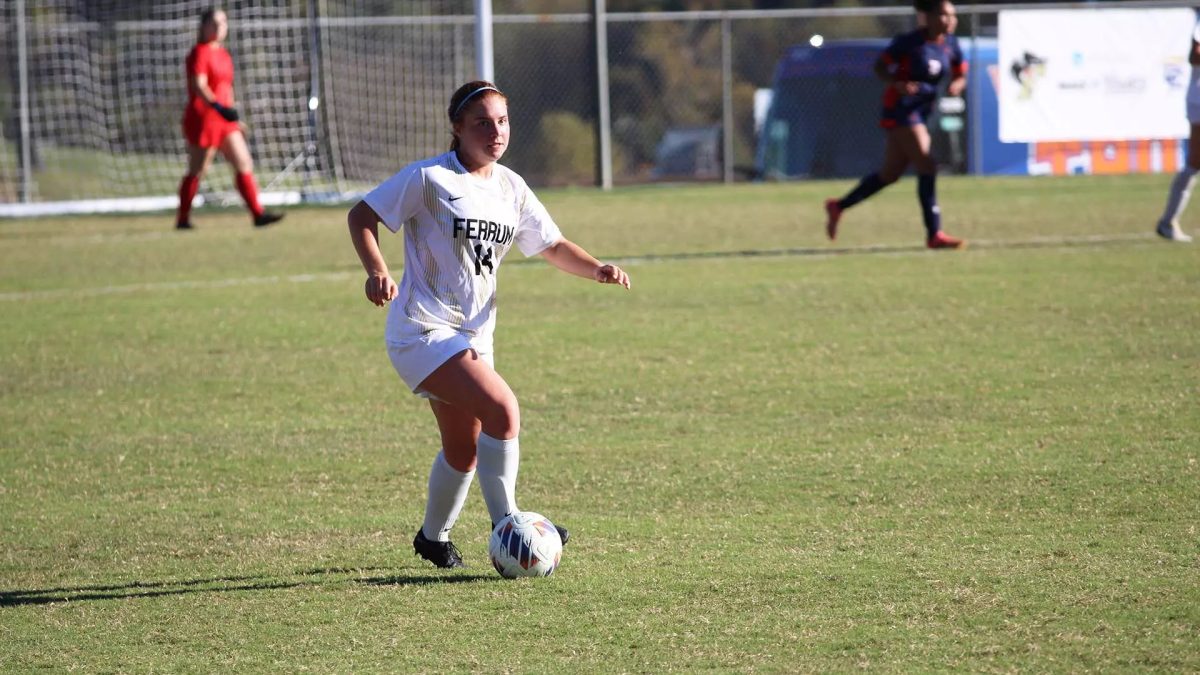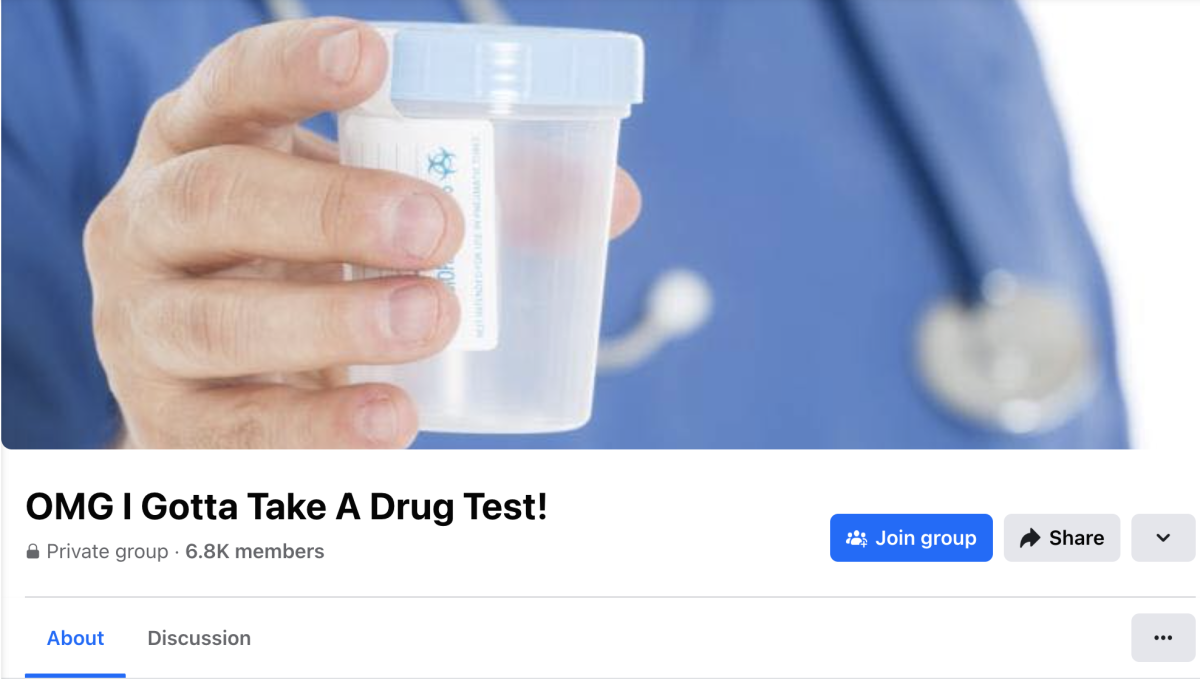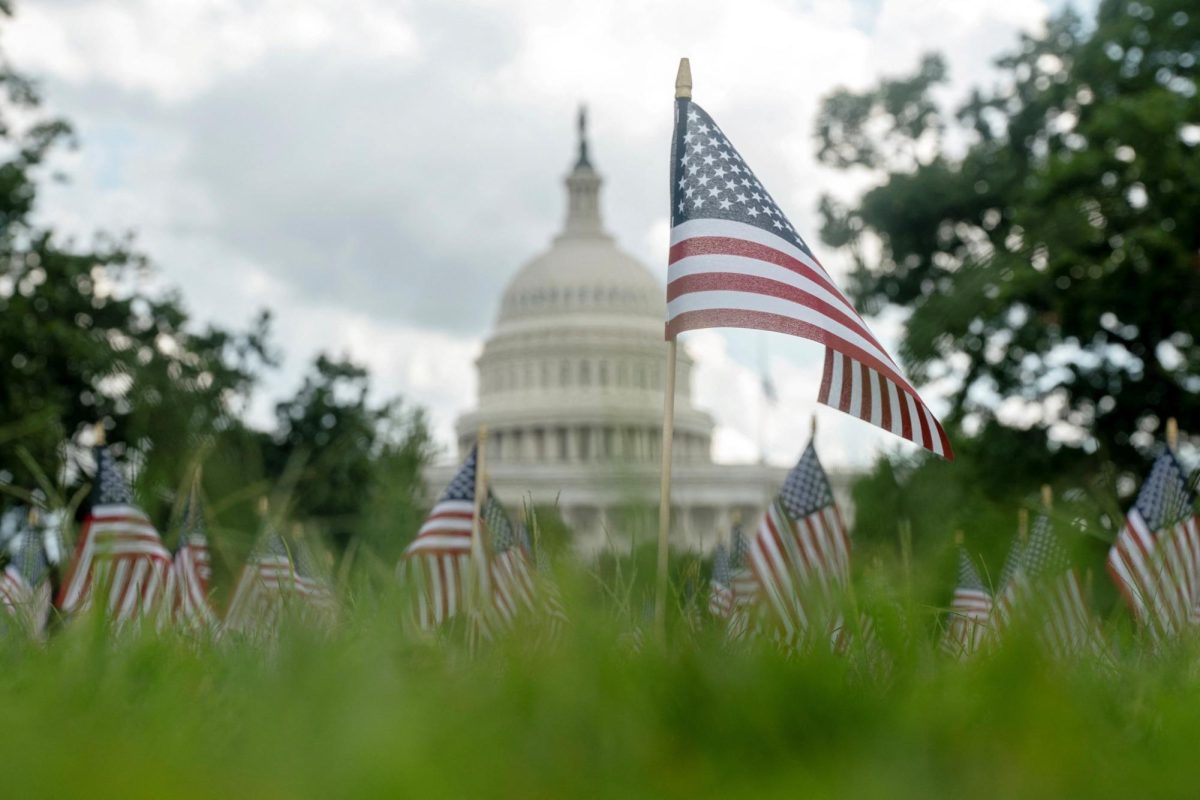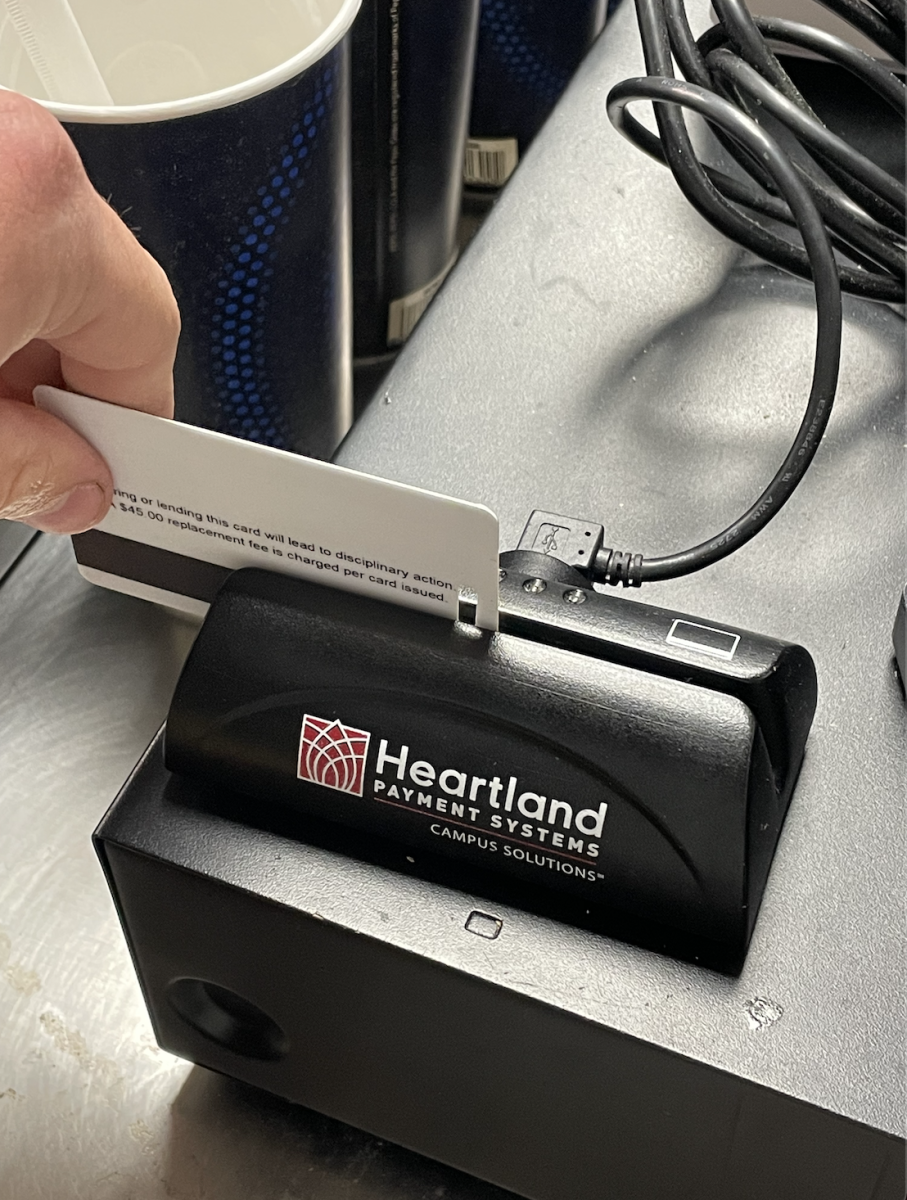Drug Testing–Two words that strike fear into the souls of most athletes, regardless of sport, level, or position.
Created with the intention of securing the safety and equality of athletes, the enforcement of drug tests and regulating drug use in athletes, especially those of a collegiate status, has been a topic of concern since the NCAA began implementing the testing process in 1986.
However, drug testing is a proposal that should have never actually been accepted.
For one, mandating drug tests for NCAA athletes oversteps a boundary that really shouldn’t be crossed.
After all, the U.S. Constitution guarantees the right to privacy. Extensive testing to indicate one’s personal use of drugs and other substances of the like undermines the liberty on a direct account, exposing their personal decisions for all to see.
And if they fail? The result of a failed drug test is commonly a suspension from the upcoming competition, removal from the team altogether, and–if enough athletes on a singular team cannot pass–the cancellation of the program as a whole. There is nothing private about that.
Unreasonable search and seizure is also a violation protected against by the government, so it is a challenge to comprehend how randomized selections of drug tests should align with such a concept.
One’s choices in their own time should be a personal decision, regardless. Many of the drugs tests for by the NCAA are common in a social setting, and freedom in personal life should not be impeded upon. I mean, being a student-athlete is only one of the many qualities of a person.
More so, implementing drug tests often fail to regard the best interest of the athlete themselves–and isn’t that their intention?
In the realm of collegiate athletics, drug tests are designed to prevent the use of potentially dangerous recreational or performance-enhancing drugs and to ensure the overall health and well-being of the athlete.
And yet–many common cause of implemented drug tests are accusations from bitter coaches following a tough loss, or the mandate testing to reinstate an insurance policy for the program to protect the founders from a potential lawsuit.
Forcing student-athletes, who have dedicated everything to maintaining high academic and personal expectations, both on and off of the field, only questions their honor, unrightfully judges their reputation, and can even defame their character.
Essentially, drug tests support the reputation of the school at the cost of that of the athlete.
Is this what we should offer in return for their sacrifices?
One of the biggest arguments in support of drug tests is the altering of athletic performance. Yet, if an athlete were performing abnormally, the odds are that they would be benched anyway.
If anything, it is a double standard. Student-athletes are expected to sustain above-average grades and academic achievement, excel in hours of practice, training, and other physically demanding activities, demonstrate only the highest character and behavior, and represent their school and team with pride for all to see.
Then, even behind closed doors, they are robbed of the personal choice to do as they please in their very own free time.
It’s unfair to our athletes. We do not hold other programs and extracurriculars to these standards. We never drug test the Honors Programs, on-campus clubs, or our student life representatives under the sole circumstance of the activity in which they participate in.
The persistent threat of a drug test can also have a negative impact on any athlete. The test, itself, takes away both their personal and training time, and it inflicts unnecessary stress and anticipation throughout the process. No one should live in fear of the next accusation.
It only places more pressure on a student-athlete, more so than they already have, and can even be considered degrading. These are collegiate athletes after all, not prison inmates.
Drug testing is not always reliable either. Athletes are subjected to the risk of a false positive with every mandated assessment.
Many tests and testers fail to consider the prescription and legality of drug use, as well as the fact that many of the tested substances can be found in anxiety and depression medications, medical prescriptions, and even energy drinks.
Drug tests can also detect trace amounts of drug use from one’s intake during the off-season, as common recreational drugs can be detected anywhere from days, to weeks, to even months after use. We should not incriminate athletes based on irrelevant decisions from the past or for their months of fun over summer break.
If anything, their drug test policy is encouraging increased drug use throughout non-athletic times, rather than preventing it.
All in all, drug testing in student-athletes is being done for all of the wrong reasons, and the benefits are coherently lacking.
Perhaps there is a better way to regulate the decisions of our athletes, or maybe we shouldn’t be trying to manage them outside of athletics at all.
Please see opposing view at: https://ironbladenews.com/5989/opinion/pro-con-commentary-athletes-should-be-tested-for-drug-use/






